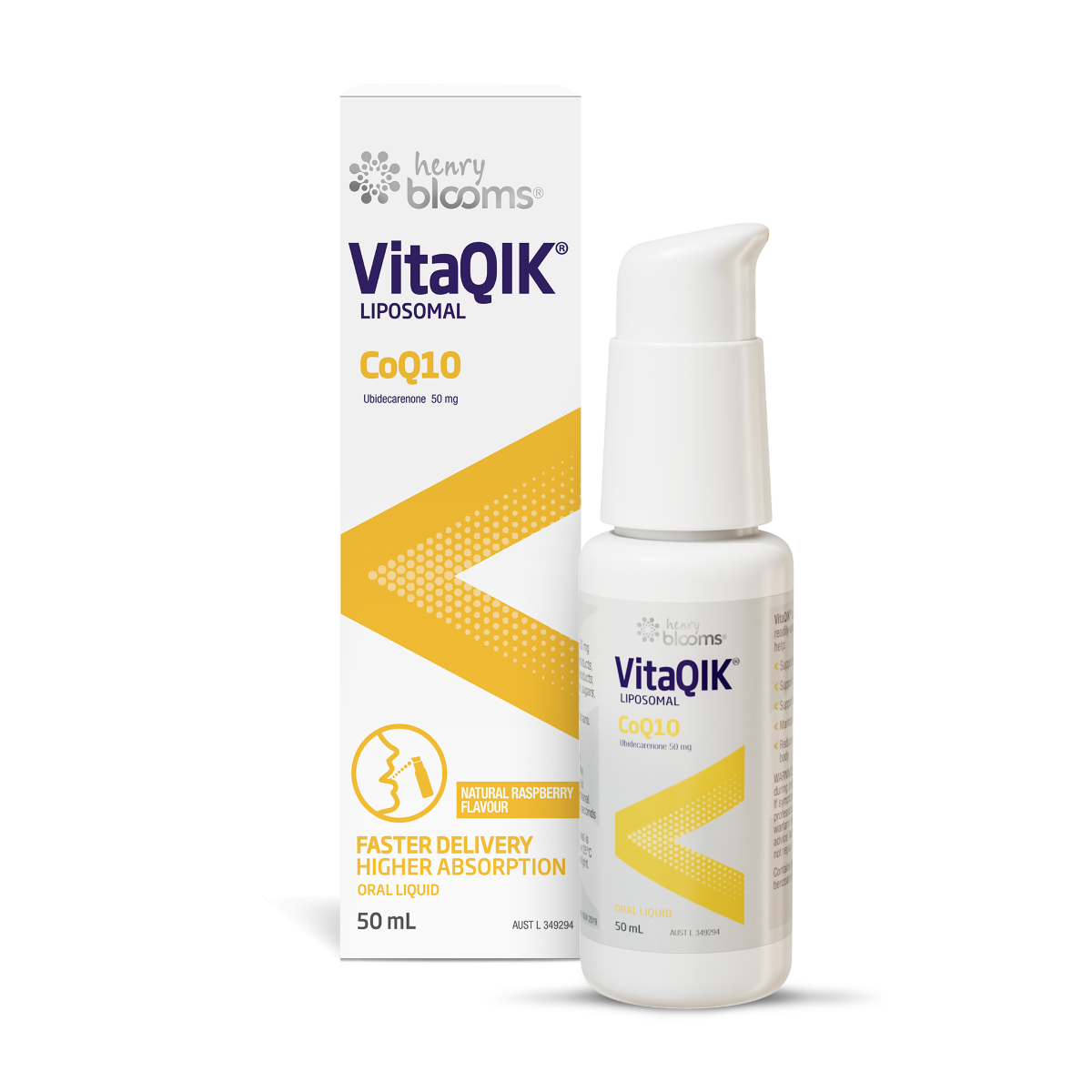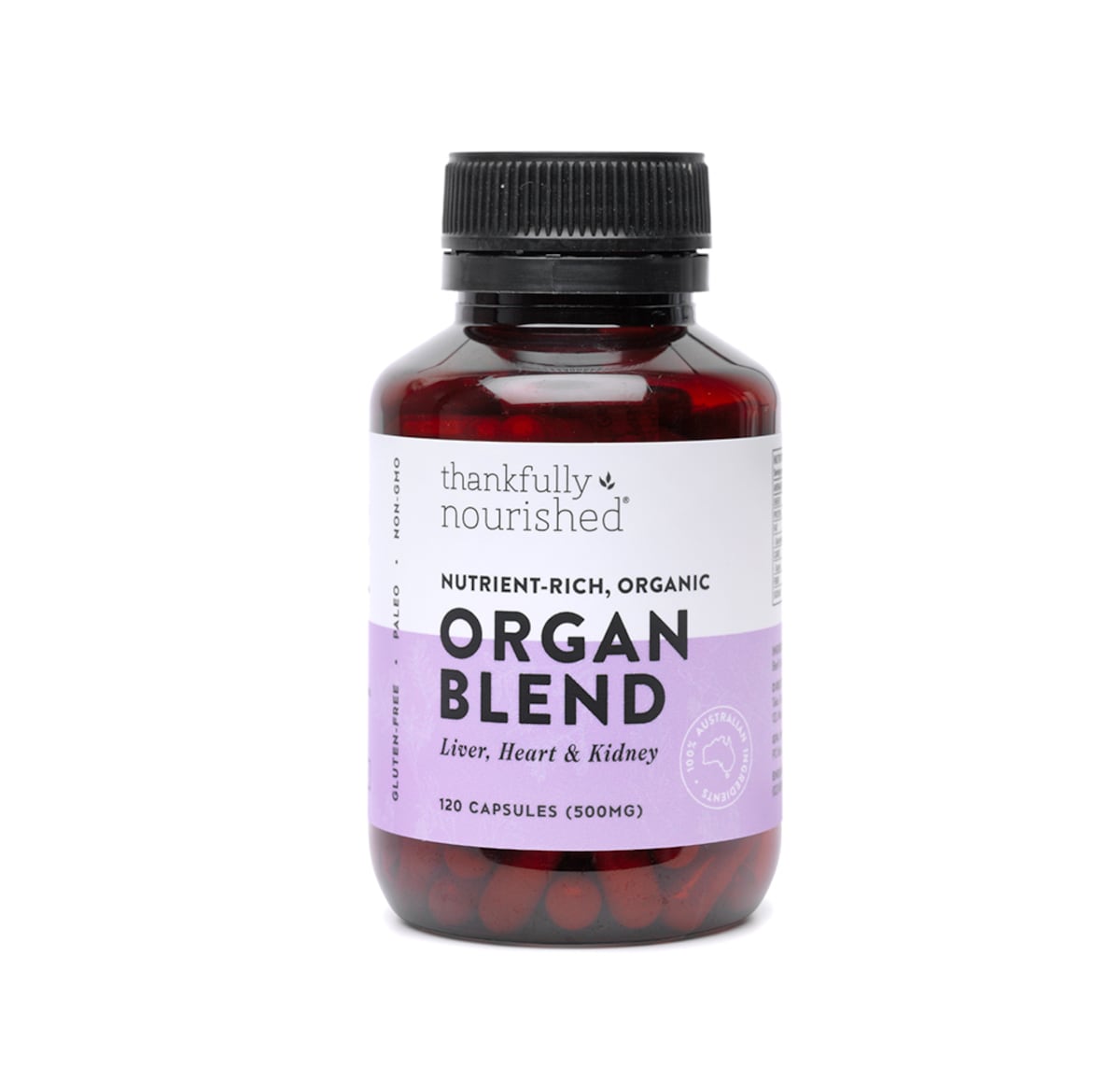Coenzyme Q10, commonly referred to as CoQ10, is a naturally occurring antioxidant found in the body’s cells. It plays a critical role in energy production, particularly within the mitochondria, the powerhouses of the cells. While CoQ10 has been widely recognized for its cardiovascular benefits, emerging research suggests it may also support muscle growth and recovery, making it an attractive supplement for fitness enthusiasts and athletes.
The Role of CoQ10 in the Body
CoQ10 is integral to the production of adenosine triphosphate (ATP), the primary source of energy used by cells. This process is especially important in muscles, which require a constant supply of energy during physical activity. As a powerful antioxidant, CoQ10 also helps to neutralize free radicals, reducing oxidative stress and inflammation—two factors that can impede muscle recovery and growth.
How CoQ10 Affects Muscle Growth
- Energy Production for Workouts
CoQ10 plays a significant role in improving energy efficiency in muscle cells. During high-intensity exercise, the demand for ATP increases. By supporting mitochondrial function, CoQ10 ensures muscles have the energy needed to perform optimally, which may help improve workout endurance, enabling longer and more intense training sessions—crucial for muscle hypertrophy (growth). - Reducing Muscle Fatigue
Muscle fatigue is a common barrier to effective training. CoQ10 supplementation has been shown to reduce the onset of fatigue, allowing individuals to maintain a higher level of performance throughout their workouts. Studies indicate that individuals with low levels of CoQ10 experience quicker muscle fatigue, while supplementation can help improve exercise tolerance. - Improved Muscle Recovery
Intense physical activity causes muscle damage, which triggers inflammation. While this is a natural part of the muscle repair process, excessive inflammation can hinder recovery and lead to overtraining. CoQ10’s antioxidant properties help to minimize inflammation, supporting faster muscle recovery, and reducing post-workout soreness. - Enhanced Muscle Strength in Aging Adults
As we age, natural CoQ10 levels decline, which can lead to decreased muscle function and strength. Research has shown that CoQ10 supplementation in older adults may help improve muscle strength and function, making it beneficial not only for athletes but also for those looking to maintain muscle mass as they age.
The Science Behind CoQ10 and Muscle Growth
Several studies have investigated the relationship between CoQ10 and muscle performance. One study published in the Journal of the International Society of Sports Nutrition found that athletes who supplemented with CoQ10 experienced improved endurance and reduced muscle fatigue during high-intensity exercise. Another study indicated that CoQ10 might help delay the onset of muscle damage, further supporting the hypothesis that it aids muscle recovery.
Additionally, individuals suffering from statin-induced myopathy—a condition where cholesterol-lowering medications lead to muscle pain and weakness—have reported improvements in muscle function when supplementing with CoQ10. This suggests that CoQ10 can be effective in reducing muscle-related side effects and improving overall muscle health.
Dosage and Supplementation
For muscle growth and recovery, typical CoQ10 dosages range from 100 to 300 mg per day. It’s important to note that CoQ10 is fat-soluble, meaning it should be taken with a meal containing healthy fats to enhance absorption. Additionally, combining CoQ10 with other supplements such as omega-3 fatty acids or vitamin E may further enhance its bioavailability and antioxidant effects.
Conclusion: CoQ10 for Muscle Growth and Performance
Coenzyme Q10 plays a vital role in muscle energy production, fatigue reduction, and recovery, making it a promising supplement for those looking to improve their physical performance and muscle growth. While more research is needed to fully understand its long-term effects on muscle hypertrophy, the current evidence suggests that CoQ10 can be a beneficial addition to a well-rounded fitness and health regimen, especially for individuals facing muscle fatigue, inflammation, or age-related muscle decline.
Before starting any supplement regimen, it’s important to consult with a healthcare professional, particularly if you are taking medications or have underlying health conditions. However, for many, CoQ10 offers a safe and effective way to support muscle growth and overall vitality.

